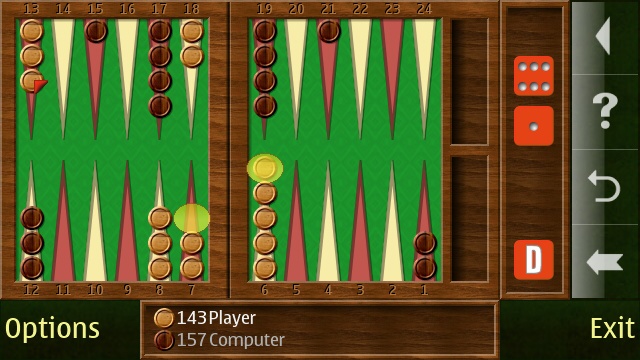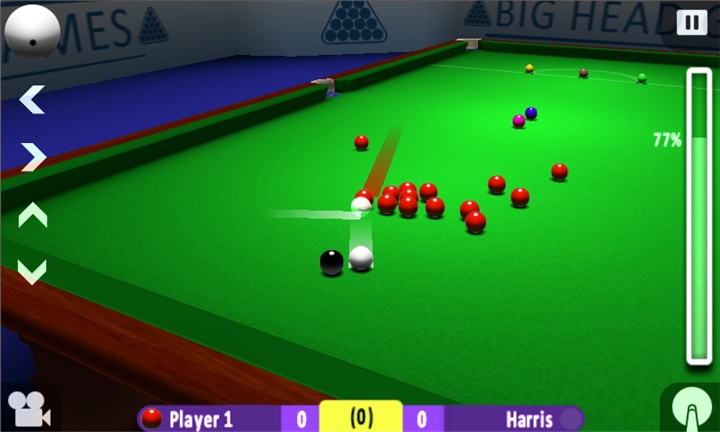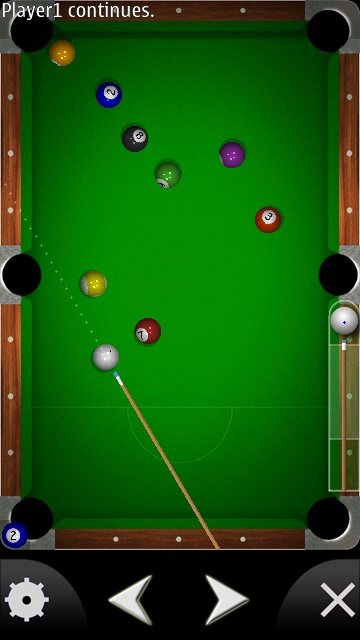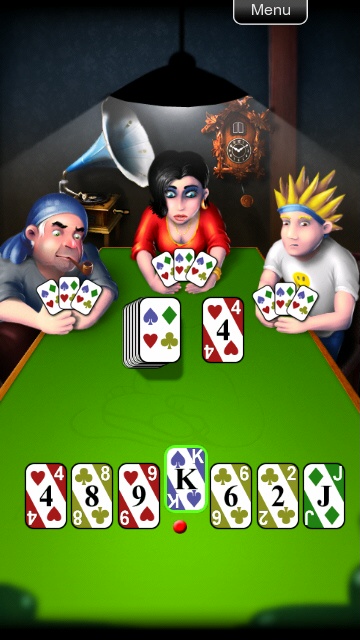So, what do I mean by the 'infinite game'?
The majority of games these days are based on 'levels', the idea being that you work through each puzzle or scenario, feeding aliens or freeing birds or killing zombies, and so on. The levels start easy, usually with tutorial prompts, then gradually get harder and harder, providing more and more of a challenge, either in brain power or reaction time, until.... the game's over. You're exhausted, you've collapsed in a heap, but - you've beaten it.
If you're lucky, there's another 'mode' to play in, as another character, under a harder difficulty level, or with slightly different gameplay. And then... you've beaten that too. If you're very, very lucky, there might even be an online multiplayer mode, adding an extra human element, which can often prove a real inspiration.
But all too many game titles end up being 'done'. Game over. All challenges met, if you play the title again then you'll just be repeating what you had to do last time. In fact, you might as well delete the game from your phone. 'Finite', by definition.
But here's to the genuinely 'infinite' title, a game which provides a framework for your enjoyment while also supplying enough randomisation that you'll never, ever see the same screen twice, you'll never make the same move twice. Now, this randomisation can take varying forms - at its purest, it might be a random starting grid that you have to solve in some way. At its most exciting, it can be one or more phone-controlled opponents (so called AI - Artificial Intelligence) which interact with you and which you have to outwit - in a finite, level-based environment, AI can often be somewhat stupid and predictable, but in a true infinite title, the AI has never seen the game state like this either and so its responses also have an air of unpredictability.
The classic infinite game, thousands of years old, is chess, of course. Starting with familiar moves, the sheer number of pieces means that within half a dozen moves you'll be looking at a piece configuration that's unfamiliar - and within a dozen moves (assuming a decent AI opponent) you'll be way, way out of your comfort zone. But if chess sounds rather hard going, there are lighter and more colourful alternatives - Backgammon, shown below in Zingmagic form for Symbian, adding in the huge randomising factors of dice rolls, AI-responses to those rolls and a chess-like possible number of move variations.

Board games are particularly appropriate as infinite games - after all, their format and rules has been honed, in physical form, for centuries, designed to keep players amused and challenged for entire lifetimes. But there are other game categories which offer the same challenge. Sports, for example. With either a large number of players (e.g. football), a large number of objects to interact (e.g. pool/snooker/bowls), or a particularly complex environment (e.g. golf, with wind/terrain/lie), no two games are ever quite the same.
I've often used pool as a great example of an infinite game on a phone that also works as a casual title because you don't need hours to play it each time. Micropool (below, left) on Symbian, has been keeping me company in odd moments on more than a dozen smartphones over the last 6 years - and I still get a buzz and a challenge from playing it - with pool, after only two shots you've got a totally different ball configuration to that which you've ever seen before. Similar pool games exist on other platforms, of course - on Windows Phone, I've also enjoyed International Snooker (shown first below).



Also usually applicable are card games - although there are only 52 cards in a pack, it's surprising what you can do with them. For a start, there's the massive randomising effect of a good computer 'shuffle' - add in some phone AI opponents and things can get very addictive. In addition to Micropool and International Snooker, I'm also more than a little addicted to Mau Mau, shown above right, pitting my wits and luck against up to three AI opponents.
Sports games - full stop - are usually 'infinite', almost by definition, in that you never get the same game twice. Golf games are another favourite of mine, on every mobile platform - shown below is Real Golf 2011 on Symbian.

Simulations generally, not just sports titles, are usually infinite in nature, by definition, in that they rely on your inputs all the time. Infinite Flight (shown below) is a cracking title that you can genuinely spend years playing, either in five minute quick flights or in hour long full simulations of actual journeys. And with your own trajectory, course and stick inputs being added to weather that can be almost infinitely specified (and then randomised within your parameters), every trip into the air is indeed very different.

I'm sure my selection here is by no means definitive, 'infinite' games exist in many genres, but you'll get the idea. I've complained before about people criticising a mobile application for being 'too expensive' at a couple of pounds or dollars and this becomes doubly ridiculous once a purchase price applies to an 'infinite' game. I've played Micropool for approximately 27,000 minutes in the last 4 years. Working out to 0.3p per hour - some 100 times cheaper than going to the cinema, some 300 times cheaper than playing the real thing, etc. So, you see, infinite gameplay that you'll never get tired of also means exceptional value for money.
Don't get me wrong, I'm not knocking 'finite' games - the likes of Angry Birds come to mind - there's a real sense of achievement in vanquishing each level, but they offer a different kind of challenge. What I'm suggesting here is that, when looking at game's details and trying to decide whether it's worth buying (or not), you also take into consideration whether it's going to offer a fixed, finite amount of gameplay or whether every game is different to the last.
To infinity and beyond! [Sounds catchy, I really must trademark that phrase...]
Steve Litchfield, All About Symbian and All About Windows Phone, 16 April 2012
No hay comentarios:
Publicar un comentario